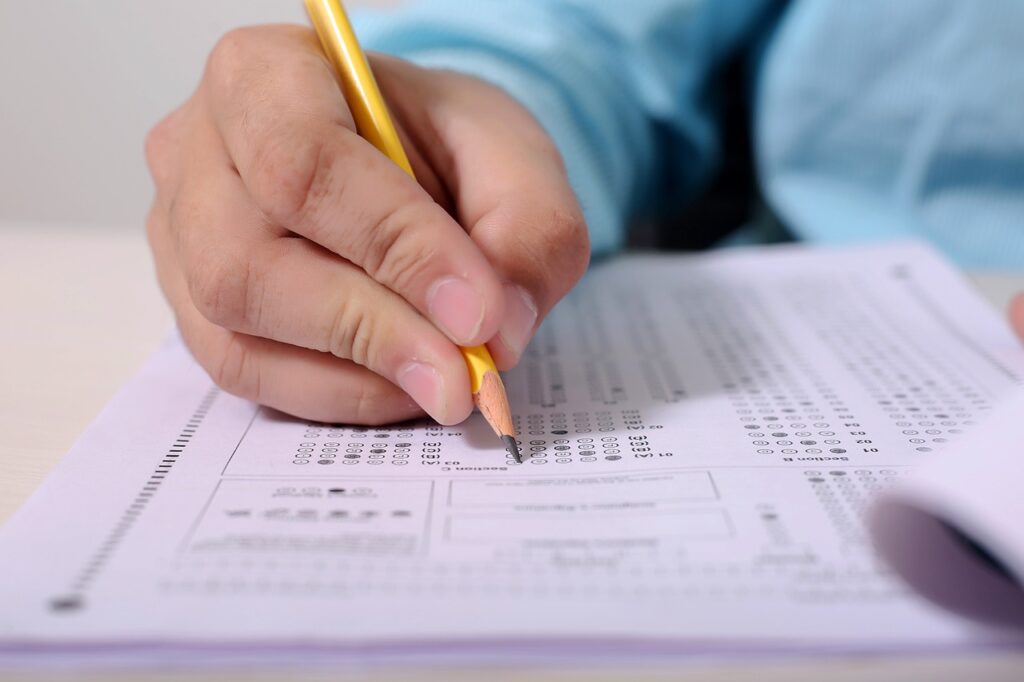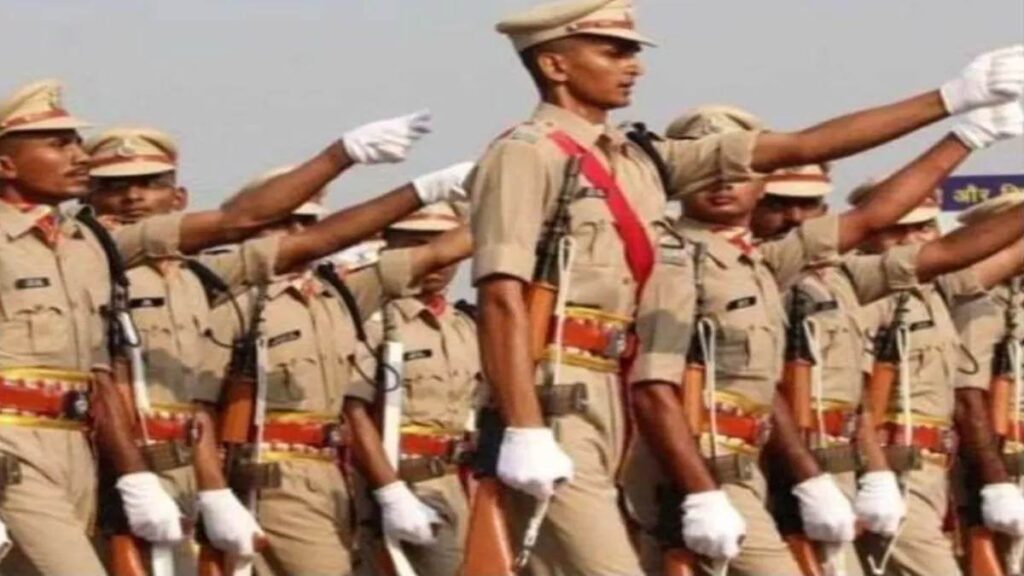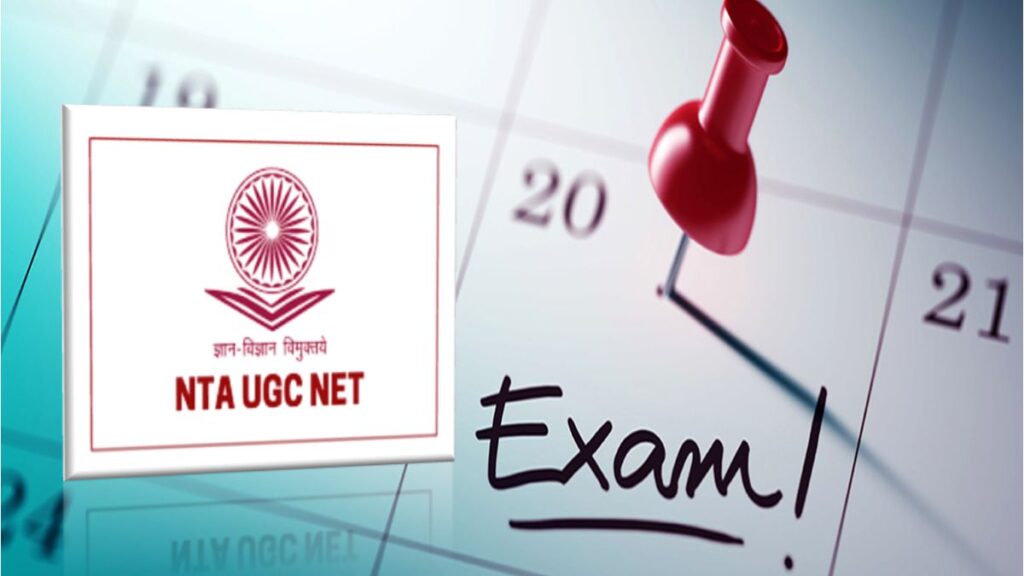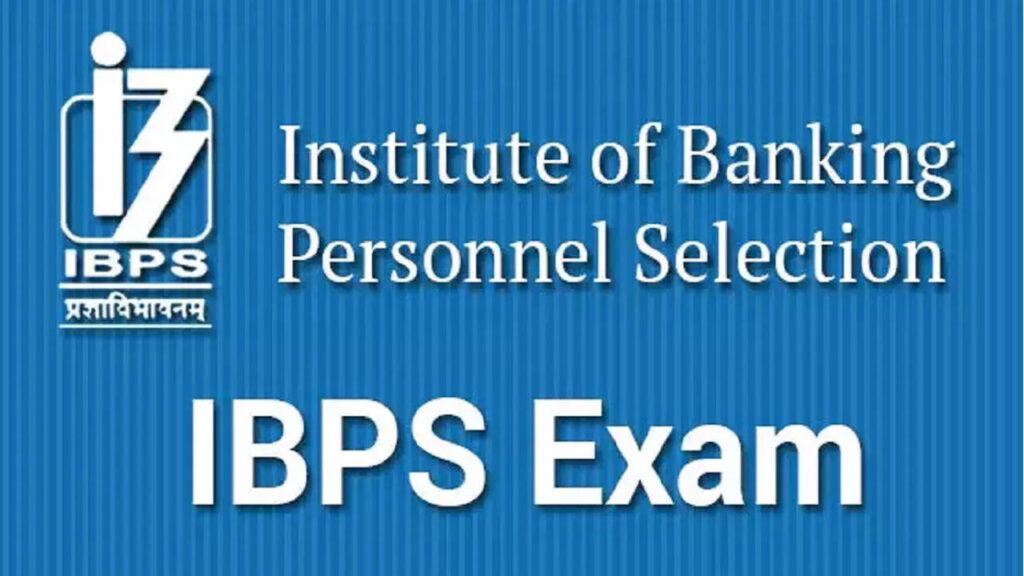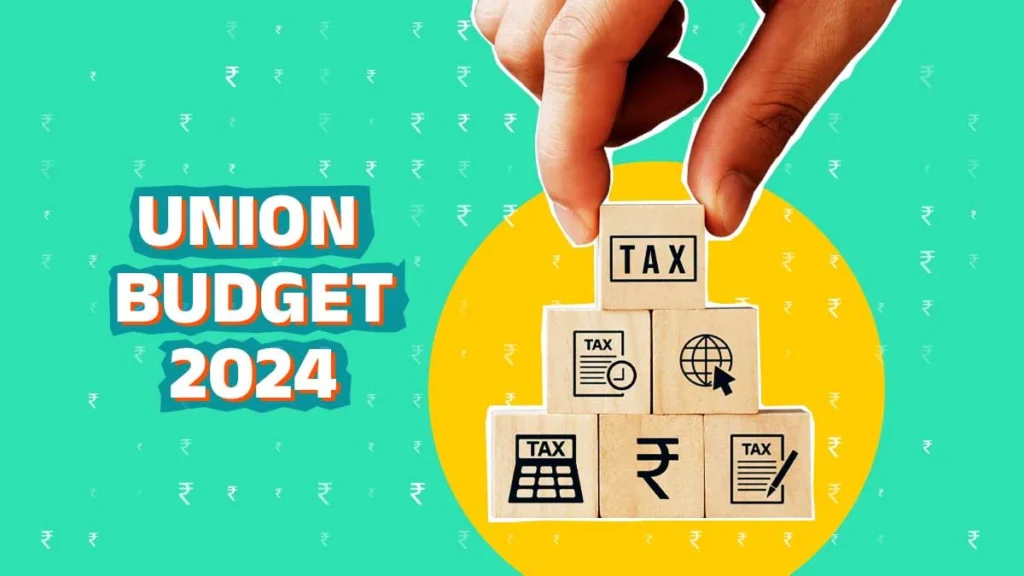Master Competitive Exams: Time Management, Strategies, Tips & Resources
Master Competitive Exams: Time Management, Strategies, Tips & Resources Competitive exams are a significant milestone for students aspiring to secure a place in prestigious institutions or government positions. To succeed, candidates need more than just knowledge; they must master time management, adopt effective preparation strategies, and avoid common pitfalls. This comprehensive guide covers all aspects of preparing for competitive exams, from mastering time management to identifying must-have resources, and staying updated on current affairs. Mastering Time Management for Competitive Exams Time management is a crucial skill for success in competitive exams. With vast syllabi and limited time, candidates must learn how to prioritize topics, allocate sufficient time for revision, and manage stress. Start by creating a realistic study schedule that breaks down the syllabus into manageable sections. Allocate more time to challenging subjects and less to those you’re already comfortable with. Key Tips: Create a Study Plan: Break your syllabus into daily, weekly, and monthly goals. Use Time Blocking: Dedicate specific hours to study different subjects or topics. Take Regular Breaks: Short breaks between study sessions can boost concentration and retention. Practice Time-Bound Tests: Simulate exam conditions by practicing with timed mock tests. Effective Preparation Strategies for Competitive Exams A well-thought-out strategy can significantly enhance your preparation for competitive exams. Begin by understanding the exam pattern, syllabus, and marking scheme. Once you have a clear idea, identify your strengths and weaknesses. Proven Strategies: Start Early: Give yourself ample time to cover the syllabus thoroughly. Focus on Basics: Strong foundational knowledge is essential for tackling complex questions. Regular Revision: Revise frequently to ensure that concepts stay fresh in your mind. Stay Updated on Current Affairs: Regularly read newspapers, follow news portals, and use apps to keep track of current affairs, especially for exams that include sections on general knowledge and current affairs. Avoid These Common Mistakes in Competitive Exams Despite extensive preparation, candidates often make avoidable mistakes during exams. These errors can cost valuable marks and affect overall performance. Common Pitfalls: Poor Time Management: Failing to allocate time wisely during the exam can result in unanswered questions. Ignoring Instructions: Not reading instructions carefully can lead to errors like marking the wrong answer format. Overconfidence in Known Areas: Spending too much time on familiar topics and neglecting weaker areas can be detrimental. Neglecting Current Affairs: General Knowledge sections often include current affairs, so neglecting this aspect can lower your score. Proven Tips to Excel in Competitive Exams Excelling in competitive exams requires more than just studying hard. Here are some proven tips to help you stand out: Take Mock Tests Regularly: Mock tests help you gauge your preparation level and identify areas needing improvement. Analyze Past Papers: Reviewing previous years’ papers can give insights into frequently asked questions and important topics. Stay Calm and Positive: Mental peace is essential during the preparation and on exam day. Practice relaxation techniques like meditation or deep breathing exercises. Group Study: Studying in groups can help you gain different perspectives and clarify doubts. Must-Have Resources for Competitive Exam Success To prepare effectively, you need the right resources. While textbooks and class notes are indispensable, additional materials can provide the edge you need. Essential Resources: Current Affairs Compendiums: Books and magazines that compile current affairs are invaluable for exams that include a general knowledge section. Popular options include ‘Manorama Yearbook’ and ‘Pratiyogita Darpan.’ Online Mock Test Platforms: Websites like Testbook, Gradeup, and Oliveboard offer mock tests that simulate actual exam conditions. Previous Years’ Papers: These provide a clear idea of the exam pattern and types of questions asked. Subject-Specific Guides: Invest in guides that focus on specific subjects relevant to your exam. Stay Updated with Current Affairs Current affairs play a vital role in the general knowledge sections of competitive exams. To excel, candidates must stay informed about national and international events, economic developments, sports, and other areas of public interest. Resources for Current Affairs: Daily Newspapers: The Hindu, The Indian Express, and other reputable newspapers provide daily updates on current affairs. Monthly Magazines: Publications like ‘Pratiyogita Darpan’ and ‘Competition Success Review’ compile current events in an easy-to-read format. Mobile Apps: Apps like Inshorts, GKToday, and Gradeup offer daily current affairs updates.


